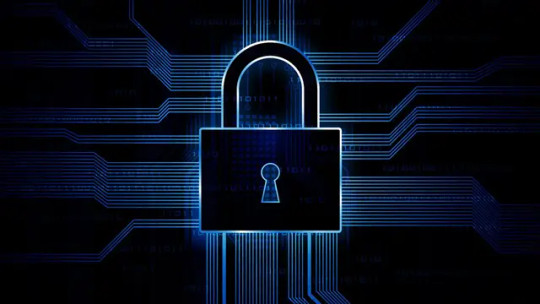 ALT
ALTIn an era where smart devices have become ubiquitous in our homes, a disturbing reality lurks beneath their convenient features. Is that robot vacuum diligently cleaning your floors? It's creating detailed 3D maps of your home. The biometric scanner at your local grocery store? It's collecting more than just payment data.
These revelations come from data privacy experts Aram Senriq and Jesse Gilbert, authors of "The Secret Life of Data," who warn that our digital footprints are far more extensive – and permanent – than most people realize.
"Data isn't really an object so much as it's a frame of mind," explains Senriq. "You can take any aspect of the human experience and reduce it to a set of numbers that has value for somebody somewhere."
Take Amazon's Roomba, for instance. While marketed as a simple vacuum cleaner, its LIDAR sensors create comprehensive 3D maps of your home's interior, tracking everything from furniture placement to the number of residents and pets. According to Gilbert, this data has value far beyond improving cleaning efficiency. "The vacuuming function is why we invite them into our homes, but it's not the value for Amazon," he notes. This detailed spatial data helps build sophisticated consumer profiles that can be packaged and sold to third parties – or potentially accessed by government agencies without a warrant.
The implications extend beyond individual privacy concerns. Amazon's acquisition of One Medical and its collection of biometric data through Whole Foods' palm-scanning payment system creates an unprecedented intersection of consumer behavior and health data. "Correlating your shopping habits with your medical risk factors... are very consequential and very high stakes," Gilbert warns.
Even more troubling is how today's innocent data collection could have tomorrow's unforeseen consequences. The authors point to a stark example: during the decades when abortion was legal nationwide, millions of Americans used Google Maps to locate healthcare clinics. Post-Roe v. Wade, that same location data could potentially be used as evidence in criminal proceedings in states where abortion is now illegal.
So what can consumers do? While completely opting out of digital services isn't realistic for most people, the authors suggest a three-pronged approach:
- Support federal data privacy legislation
- Take practical steps like using VPNs to encrypt personal data
- Foster a culture of privacy awareness and normalized protective behaviors
The message is clear: We need to move beyond the "nothing to hide" mindset and recognize that all data, like DNA, exists as part of an interconnected web that can reveal far more about us—and those connected to us—than we might imagine.
As our homes and lives become increasingly connected, the question isn't just about what data we're willing to share today, but how that data might be used tomorrow. The convenience of smart devices comes with a price tag we're only beginning to understand.
Read the full article

0 Comments